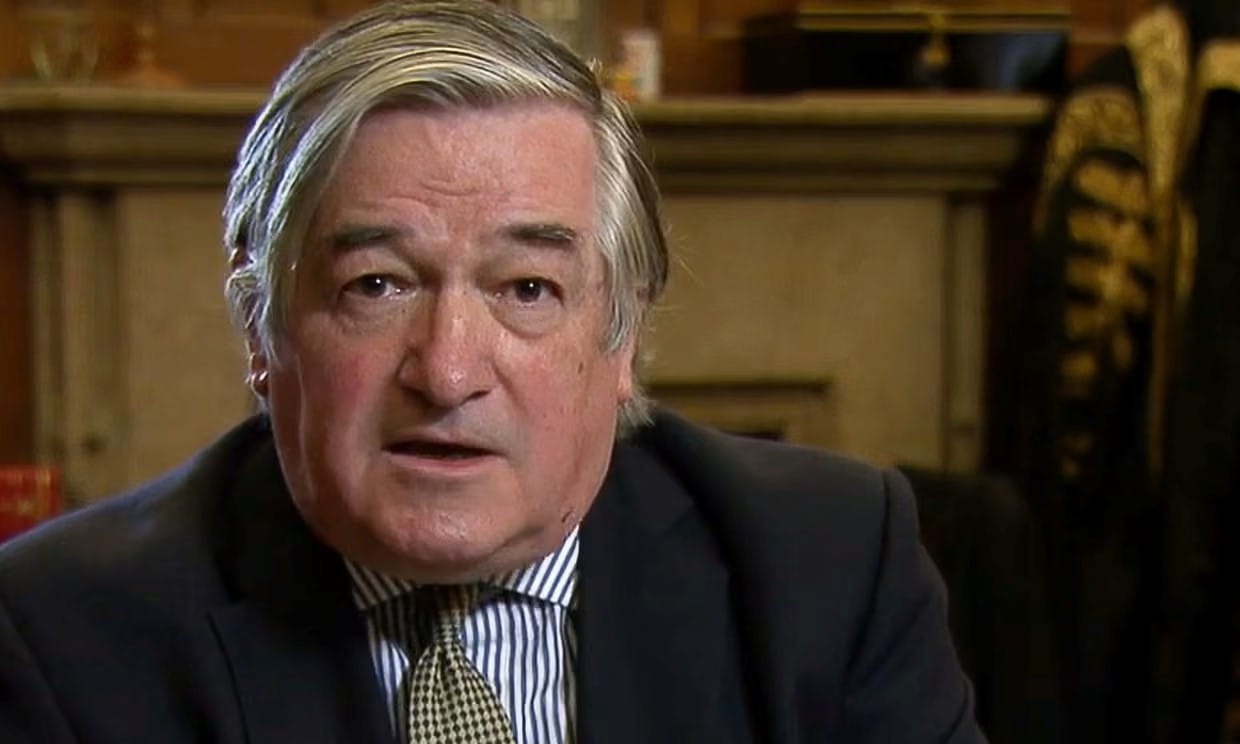OS v DT [2025] EWFC 156
HHJ Hess. Financial remedies final hearing heard by HHJ Hess involving total assets over £9m, and disputes concerning non-matrimonial property including post-separation income, and child periodical payments where the parties had equal shared care of the children.
Judgment date: 2 May 2025
https://caselaw.nationalarchives.gov.uk/ewfc/b/2025/156
HHJ Hess. Financial remedies final hearing heard by HHJ Hess involving total assets over £9m, and disputes concerning non-matrimonial property including post-separation income, and child periodical payments where the parties had equal shared care of the children.
The parties began cohabiting in 2009 and the marriage broke down in 2023. They had three children aged 10 years younger. The assets and debts for distribution are set out at [23] of the judgment.
Costs
H had managed, invested and held money and other assets on behalf of his parents, which H had failed to properly explain during Form E, replies and requests for further information. The matters were eventually resolved by agreement. H sought the reimbursement of the extra costs in arguing about these matters whilst W argued H should be penalised by adding back the sum representing the difference between costs incurred by H and those incurred by W.
HHJ Hess concluded that although there were arguments on both sides and costs were incurred as a result of this issue, there was no obvious case for blaming one party over the other; [22].
Capital
It was a long marriage and the capital assets exceeded £9m so the sharing principle was applied to the division of capital.
It was agreed H’s father’s home should be excluded from the sharing exercise. H asserted further assets should not be open to sharing; [28]. H’s argument that the proceeds of sale from H’s London flat should be treated differently failed, given the flat was used as the FMH and the proceeds were either used to purchase the new FMH, paid into a joint account, or mingled with other assets.
H’s inheritance (which was absorbed into his savings having not been ringfenced) and a portion of H’s pension were recognised as non-matrimonial.
H also argued that the bonuses and RSU awards received post separation should not be open to sharing. These included:
- monthly salary payments and a ‘pre-paid bonus driven by regulatory framework’ since June 2024;
- bonus awarded in January 2025 attributable to H’s work January–December 2024;
- unvested shares in H’s employer awarded in January 2025 by way of bonus attributable to H’s work from January to December 2024; and
- H’s severance payment from H’s employer.
Following the date of separation (30 September 2025) H continued to pay his monthly basic salary into the joint account but stopped in October 2024 and thereafter paid nothing into the joint account. All H’s cash bonuses were paid into his sole account post separation (and before). HHJ Hess considered the approaches in E v L [2021] EWFC 60 and C v C [2018] EWHC 3186 and concluded it would be unfair to exclude what has been saved from H’s basic monthly salary as they were previously used to meet general family expenses and unilaterally changing the status quo in October 2024 did not alter that. Whereas the cash bonuses and RSUs awarded since June 2024 could properly be regarded as post-separation accrual; [33]–[37].
W failed to show a need above the 50% sharing claim result, [44], and both parties were awarded £3,440,148 of the matrimonial property plus their separate pension funds; [46]–[47].
Child periodical payments
HHJ Hess first dealt with the question of jurisdiction. Both parties had equal shared care of the children. Under reg 50 of the Child Support Maintenance Calculation Regulations 2012 a CMS assessment will not usually be made in these circumstances. In this circumstance, HHJ Hess concluded that either party can apply to the court for a child periodical payments order, and the party does not have to first make an application to the CMS; [52]. The bar on court applications provided by Child Support Act 1991, sections 8(1) and 8(3) does not apply in this scenario and the court retains its basic powers under Matrimonial Causes Act 1973, section 23(1)(d).
However, HHJ Hess did not order any periodical payments in favour of W given the parties would be taking on an equal burden of childcare and H would shortly be redundant; [53]. On the other hand, it was ordered that H would bear three quarters of the school fees, predominately due to H having significantly more spare capital as a result of his non-matrimonial assets and higher earning capacity; [54].
This judgment has been certified as citeable pursuant to the Practice Note (Citation of Cases: Restrictions and Rules) [2001] 1 WLR 1001.
See also the blog post Child Support, Sharing Care and the Problems in Top Up Orders (Out into the Open at Last).





